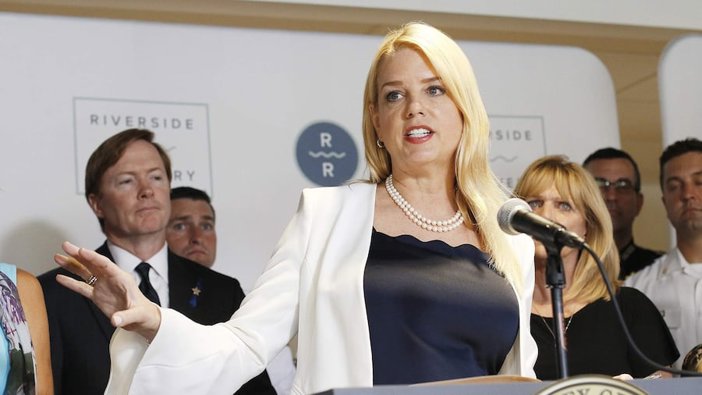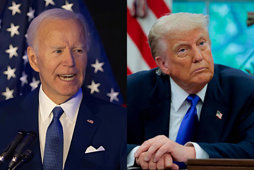
DOJ Ends ABA Role in Judicial Vetting
The Justice Department has formally ended the American Bar Association’s long-standing access to judicial nominees, citing bias.
Attorney General Bondi Ends Preferential Treatment of ABA
The U.S. Department of Justice announced on Thursday that it will no longer comply with the American Bar Association’s (ABA) judicial nominee ratings process, citing systemic bias in favor of Democratic administrations. The decision was made public in a letter from Attorney General Pam Bondi to ABA President William R. Bay.
According to Bondi, the ABA has received “special treatment and special access to judicial nominees” for decades, including early notice of pending nominations and influence over selections. The letter states that such privileges have now been revoked.
“While the ABA is free to comment on judicial nominations along with other activist organizations, there is no justification for treating the ABA differently,” Bondi wrote. The DOJ will no longer provide the ABA with access to non-public nominee records, nor will nominees be required to respond to ABA questionnaires or sit for interviews.
GOP Criticism and Policy Shift
The move comes amid long-standing criticism from Republican lawmakers who argue the ABA has become politically biased. Senator Mike Lee of Utah has described the ABA as a “radical left-wing advocacy group,” pointing to its support for diversity, equity, and inclusion (DEI) initiatives.
Earlier this year, several Republican senators on the Senate Judiciary Committee informed the ABA they would no longer consider its ratings when evaluating nominees. The Trump administration’s decision to end cooperation reflects that sentiment, reinforcing broader GOP efforts to limit the ABA’s influence in the judicial selection process.
This is not the first such action taken by a Republican administration. Both the George W. Bush and Trump administrations previously ended the practice of granting the ABA advance access to judicial nominees. However, this move formalizes and expands the separation, ending internal DOJ practices that required nominees to waive confidentiality to permit ABA review.
With this policy change, the Office of Legal Policy will also cease requiring nominees to submit waivers that had granted the ABA access to non-public documents, such as bar records. These records had formed the basis of many ABA evaluations in the past.
Founded in the late 19th century, the ABA is the largest voluntary association of legal professionals in the U.S., with over 400,000 members, including lawyers, students, and paralegals. Though traditionally seen as a neutral evaluator, its growing emphasis on progressive legal values has drawn increasing skepticism from Republican leadership.
The ABA has not yet issued an official response but is expected to comment soon. The change signals a reshaping of how federal judicial nominees are vetted and further reflects ideological divisions over the role of professional organizations in the political process.






